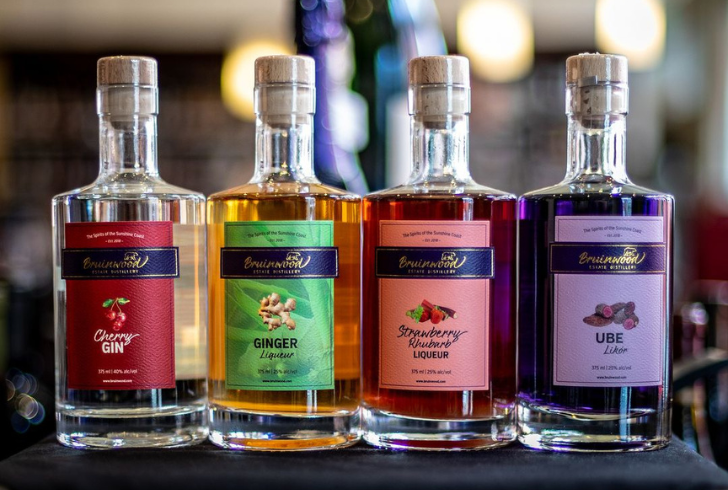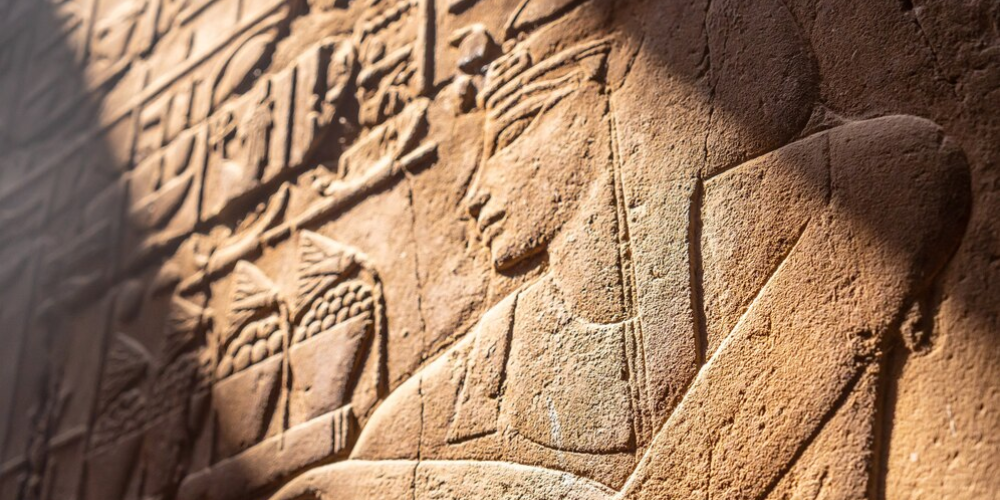Have you ever wondered why we call certain alcoholic beverages "spirits"? The term is so ingrained in our vocabulary that we rarely stop to question its origin. Yet, the story behind why do they call alcohol spirits is as fascinating as it is complex, rooted in history, language, and even a touch of mysticism.
The Holy Connection
One theory links the term "spirits" to religious connotations, specifically the Holy Spirit in Christian traditions. This connection stems from passages in religious texts where the effects of the Holy Spirit are compared to those of alcohol. For instance, in the New Testament, there's an account of Jesus's disciples being "filled with the Holy Spirit" during Pentecost. Their subsequent behavior, speaking in unfamiliar languages, was misinterpreted by onlookers as drunkenness.
The Arabic Influence

Freepik | freepic.diller | Explore the origins of the word "alcohol" from Arabic roots, blending spirit and distillation history.
A more plausible explanation for why do they call alcohol spirits traces back to Arabic origins. Two potential Arabic words are at the root of this terminology:
1. Al-ghawl - This word literally translates to "spirit" and appears in the Qur'an. It's described as a spirit or demon that gives wine its intoxicating properties.
2. Al-koh'l - The more widely accepted origin, this term initially referred to a black, powdery eyeliner made from stibnite. The process of creating this cosmetic bore similarities to liquid distillation, leading to its broader application.
The Distillation Connection
The term "spirit" in relation to alcohol likely emerged from alchemical practices. During distillation, volatile substances separate from the original mixture. Alchemists began referring to these separated elements as "spirits," representing the essence extracted from the base material.
Evolution of Terminology
By the 16th century, the word "alcohol" had made its way into the English language. Initially used to describe a powder, it later evolved to denote the spirit or essence distilled from various substances. The phrase "alcohol of wine" became common, eventually simplifying to just "spirits."
The Science Behind Spirits
The production of spirits involves a carefully controlled distillation process. This method concentrates the alcohol content, resulting in beverages with higher alcohol by volume (ABV) than fermented drinks like beer or wine.
Key steps in spirit production:
• Fermentation of base ingredients
• Distillation to separate alcohol
• Aging (for some spirits)
• Blending and bottling
Popular types of spirits include:
- Whiskey
- Vodka
- Gin
- Rum
- Tequila
Each spirit has its unique production methods and flavor profiles, contributing to the rich tapestry of alcoholic beverages available today.
The Cultural Impact of Spirits

Instagram | vintagespiritsvictoria | Discover the evolving world of spirits, from artisanal craftsmanship to global innovations.
Throughout history, spirits have played significant roles in various cultures. From celebratory toasts to medicinal uses, these potent beverages have left their mark on human society.
In literature and film, spirits often symbolize transformation or revelation. Characters might find courage, face their demons, or experience epiphanies under the influence. This narrative use echoes the term's mystical origins, reinforcing the idea of spirits as conduits to altered states.
Responsible Consumption
While exploring why they call alcohol spirits, it's crucial to address responsible consumption. The term "spirit" might evoke images of otherworldly experiences, but it's important to remember the real-world effects of alcohol.
Tips for mindful drinking:
1. Know your limits
2. Stay hydrated
3. Never drink and drive
4. Seek help if concerned about alcohol use
The term "spirits" for alcohol weaves together linguistic history, cultural practices, and production methods. Whether you're sipping a carefully crafted cocktail or enjoying a neat pour, remember the rich heritage behind that glass in your hand. The next time someone asks, "Why do they call alcohol spirits?" you'll have a wealth of knowledge to share.




